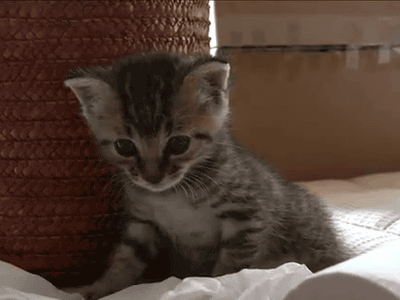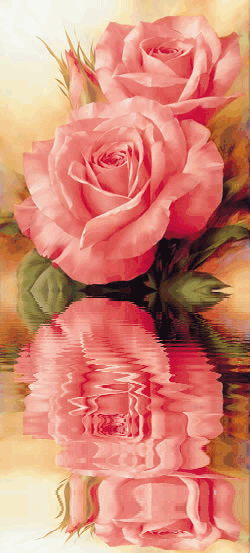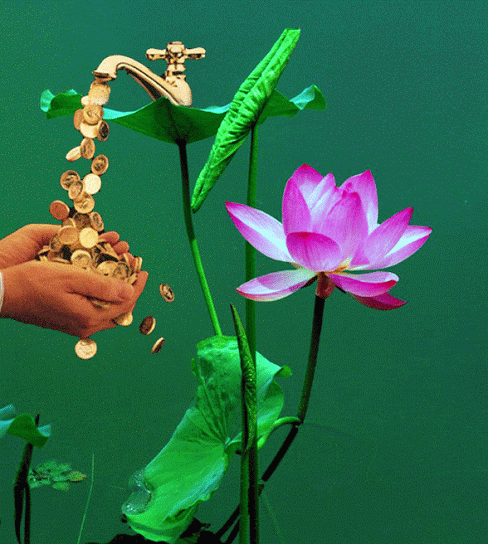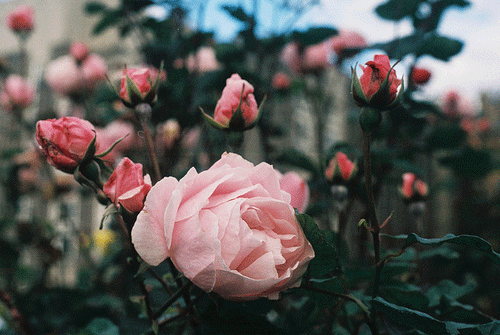-
Comment July 5, 2015
-
នេះឬចិត្តប្រុស Nis reu jet pros
Comment July 5, 2015 -
Kitten is too sleepy to get up
Comment July 5, 2015One of the most accurate barometers of a cat’s mood is its tail. When held high, it communicates confidence. Curled around another cat’s tail or human legs, it signals friendliness. And tucked below or between the legs, it signals insecurity or anxiousness. The upright bottle-brush tail is an unequivocal sign that your cat is feeling threatened. And when combined with the arched back, upright hair along the spine, and unsheathed claws, the stance is a dead giveaway that you should back off, Sueda says. Source: WebMD
-
Be a rainbow in someone else’s cloud
Comment July 5, 2015 -
Dog’s new friend
Comment July 5, 2015When a cat greets another cat or a person with slow, languid blinks, it’s communicating affection. Why? Because in the feline world, closing one’s eyes in the presence of another is the ultimate sign of trust. By blinking slowly at your cat, you are communicating that you are aware of its presence and pose no threat. So the next time your cat blinks at you, try returning the gesture. Source: WebMD
-
Always have faith in trying
Comment July 5, 2015 -
The Development of Loving-Kindness
Comment July 5, 2015Another practice which is beneficial, as it counteracts states of mind rooted in aversion (dosa) is metta-bhavana, widely practiced by people in Buddhist countries. The advantages are many, ranging from an increase in personal happiness, through such social benefits as having many good friends, to ease of meditation practice, dying unconfused and at least gaining a good rebirth. So as part of one’s daily practice one should recite this traditional passage used in all the Buddhist countries of Southeast Asia.
May I have no enmity
may I have no hurtfulness
may I have no troubles of mind and body
may I be able to protect my own happiness
Whatever beings there are —
may they have no enmity
whatever beings there are —
may they have no hurtfulness
whatever beings there are —
may they have no troubles of mind and body
whatever beings there are —
may they be able to protect their own happiness.
While chanting both these recollections one should not be too hurried. Take time over them and pause for reflection after each phrase has been chanted. In this way one prepares the mind for the next part of one’s practice. -
According to their nature
Comment July 5, 2015Let things be according to their nature. If there is no movement in the mind,
we abide in equanimity, and if something comes up we ask ourselves:
does this cause suffering? Am I holding with attachment? Is there anything here?
If we practice and get to this point I think all of us will realise genuine peace.~Ajahn Chah
-
You must grow in patience
Comment July 5, 2015Patience serves as a protection against wrongs as clothes do against cold.
For if you put on more clothes as the cold increases, it will have no power to hurt you.
So in like manner you must grow in patience when you meet with great wrongs,
and they will then be powerless to vex your mind. ~Leonardo da Vinci -
The devout go to heaven
Comment July 5, 2015

















